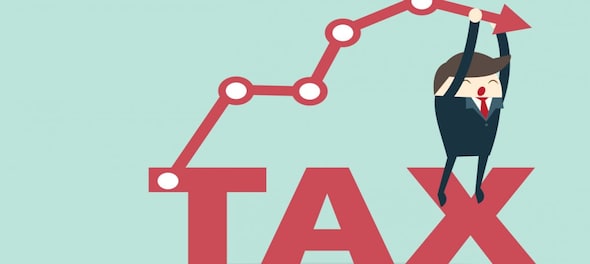
While the interim Budget 2019 is set to be presented by the Finance Minister on February 1, as in the case of every year, there is expectation from all sectors. Given that this is the last Budget before general elections, salaried tax payers are in hope for some additional tax savings measures.
Last year, the salaried tax payers did not have much to cheer with the government introducing the standard deduction while taking away the benefits for transport allowance and medical reimbursement. Long term capital gains exceeding Rs 1 lakh from sale of listed securities and mutual funds which were earlier exempt, became taxable at 10 percent. Also, the increase in the rates of education cess from 3 percent to 4 percent reduced the net savings of individuals. Introduction of e-assessment platform was good move by the government, which eased the entire assessment mechanism.
People are expecting the government to come up with some tax proposals in favour of the salaried class:
While one could have expectations on various tax relief measures, one must wait and watch how the government is planning to meet all these expectations or to say the least, some of the expectations, if not all.
Amarpal S. Chadha, is Tax Partner and India Mobility Leader, EY. Shanmuga Prasad, Tax Director, EY, also contributed to the article. Views expressed are their personal.
First Published: Jan 31, 2019 8:06 AM IST
Check out our in-depth Market Coverage, Business News & get real-time Stock Market Updates on CNBC-TV18. Also, Watch our channels CNBC-TV18, CNBC Awaaz and CNBC Bajar Live on-the-go!


Dharwad Lok Sabha Election 2024: BJP's Pralhad Joshi eyes fourth term from this Karnataka seat
May 7, 2024 9:33 AM
Gulbarga Lok Sabha election: Mallikarjun Kharge's son-in-law Radhakrishna faces sitting BJP MP Umesh Jadhav
May 7, 2024 9:00 AM

